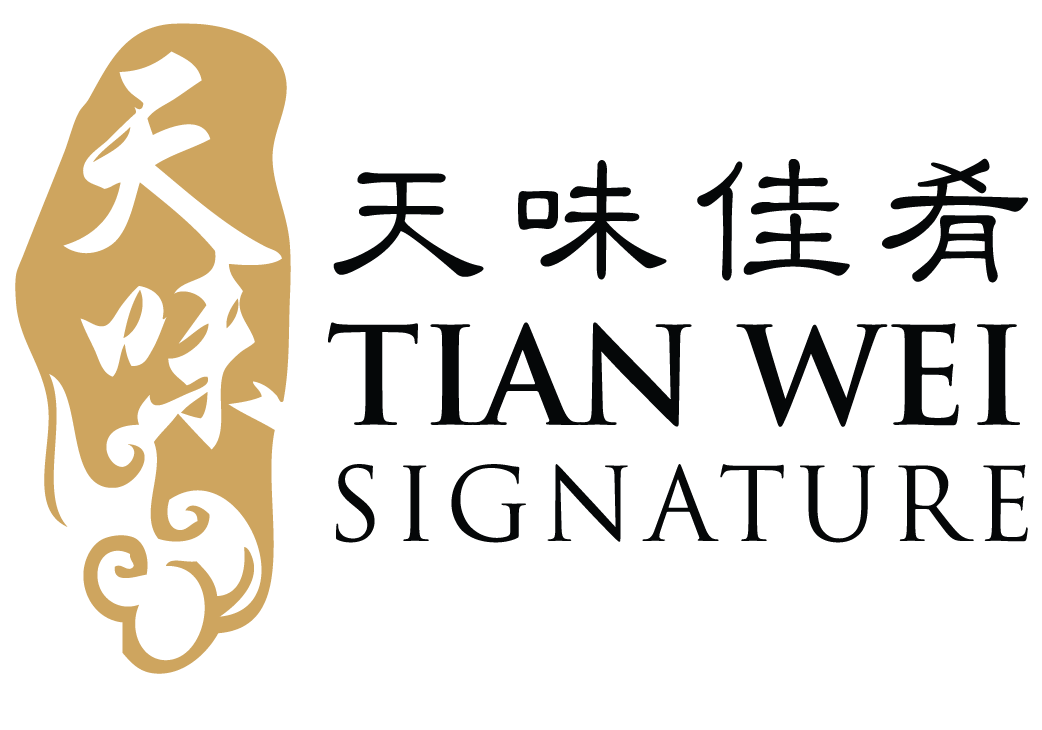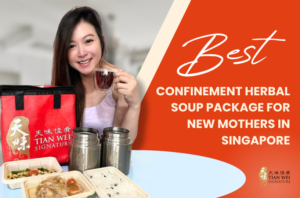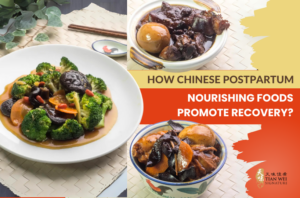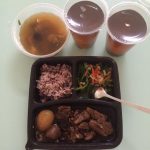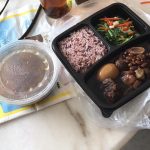81 Tagore Lane, TAG A, #01-11 Singapore 787502 ♦ Reservation : +65 6727 5599
Confinement Practices and How It Will Affect Your Health in the Future
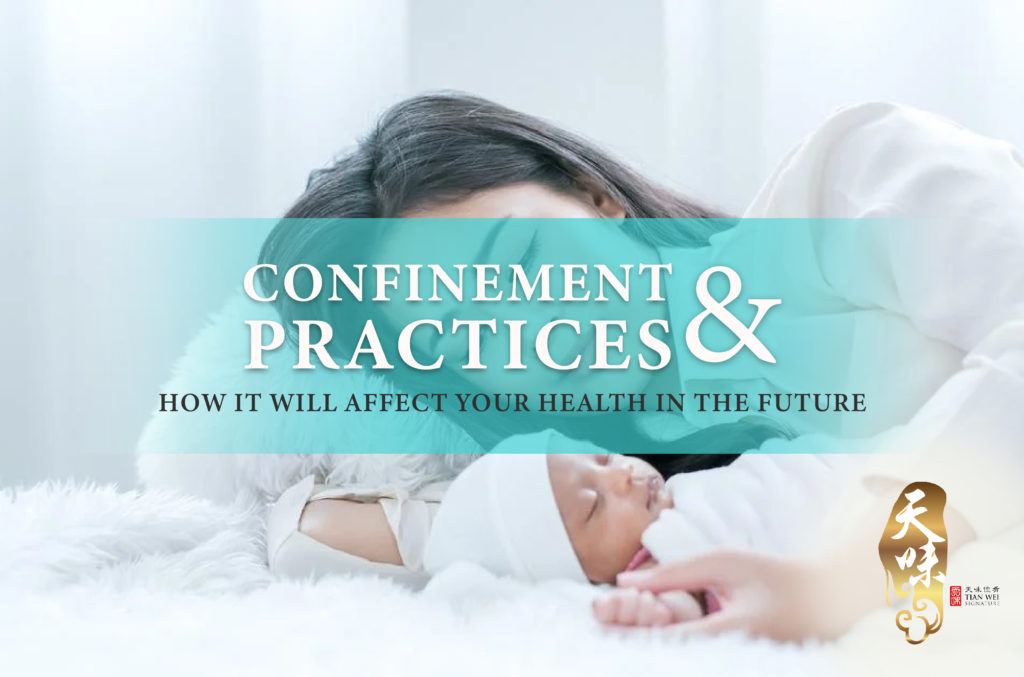
In many East Asian traditions, the period after child birth is known as a confinement period for women, because it is meant for them to rest, recuperate and replenish all the lost energy and blood during childbirth. Traditionally, it is believed that a woman must be confined indoors to follow a set of strict practices in order to nurse her weak body back to health, and prepare her for motherhood.
In our modern day world, many new mothers struggle to decide if they should still follow these set of practices handed down by our early ancestors. Some may be useful in aiding recovery, whereas others may prove to only be myths of the olden days. If you are one of these mothers, we are here to help you out! Here are some guides and reasons why you should follow certain practices, and how they could potentially affect your future health. It is said that a confinement done right will relieve you from any future health problems.

What is confinement really about?
The essence of most, if not all, Asian confinement practice is mainly to prevent “wind” from entering the body, and also to get as much rest as you can. It is said that during childbirth, your body is exposed to chill, leaving it in a “cold” and vulnerable state. Hence, all confinement practices revolve around keeping your body warm, and encouraging you to rest most to help with your recovery. Some of these practices are:
-
Having Warming or “Heaty” Dishes
During confinement, food is always prepared warm with “heaty” ingredients that provide warmth to the body, as well as help to expel wind. In Chinese confinement culture, you will find ginger, sesame oil, and red dates are frequently used as these ingredients are known to have “heaty” elements and promote postpartum healing. In particular, red dates are widely used in many Chinese confinement dishes and drinks. One of the many red dates health benefits include replenish blood as it is rich in iron.
-
Taking Confinement Bath
New mothers are also advised to bundle up their bodies so as not to allow wind exposure. Any direct wind blowing towards your body is not allowed. In the olden days, many women are disallowed from taking baths because exposure to water will allow wind to get into the body. Too much exposure to wind will cause backaches and joint pains in the future when a mother is much older.
However, this may also be a hygiene issue so over the years there have been alternatives for mothers to still maintain their hygiene while in confinement. Mothers can still take baths, provided that the water is infused with warming herbs like ginger, which is believed to eliminate its cooling effect. Other alternatives also include sponging the body and quickly drying up.
- Having Ample Rest
One other “must-follow” practice during confinement is to get as much rest as you can. This may be slightly tough with a crying baby, needing attention and feeding every few hours, but it is important for mothers to squeeze in any amount of rest they can get whenever they can. If you have a confinement nanny living in, try to leave your newborn to her while you catch up on sleep and rest. Some believe that inadequate rest and over-exerting your body during confinement will slow down your recovery causing your uterus to not contract properly. This will result in a condition called “dropping womb”.
- Avoid Lifting Heavy Objects
It is also highly important for mothers to not carry heavy objects or do any heavy chores during the confinement period. Heavy chores may cause your wounds to reopen or heal slower than it should. This traditional taboo is being emphasized until this day for a good reason. This is because lifting heavy things during this fragile stage would lead to a medical complication called uterine prolapse for some women. It is when the uterus “drops” towards or into the vagina. This can happen if your pelvic floor muscles and ligaments become weak and unable to support your womb.
As much as these practices may bring slight inconvenience to your life and might not be easy for you to adhere to, some of them have proven to benefit mothers. It is important to weigh which practices are necessary for your future health, and to strictly follow them if you wish to replenish and recover the right way.
If you are unsure about these practices, you can always consult a trusted medical practitioner, or someone with experience in this area, for example, a confinement planner. Fellow mothers who have undergone the same confinement practices will be able to enlighten you on the benefits and advantages of following certain confinement practices, and which ones in particular will benefit you in the future.
Meanwhile, if you are looking for nutritious and delicious meals to nourish your body during confinement, check out the fusion and traditional confinement food menu on our website. All of the dishes are dietitian-guided and well-balanced to help you with lactation and recovery!
